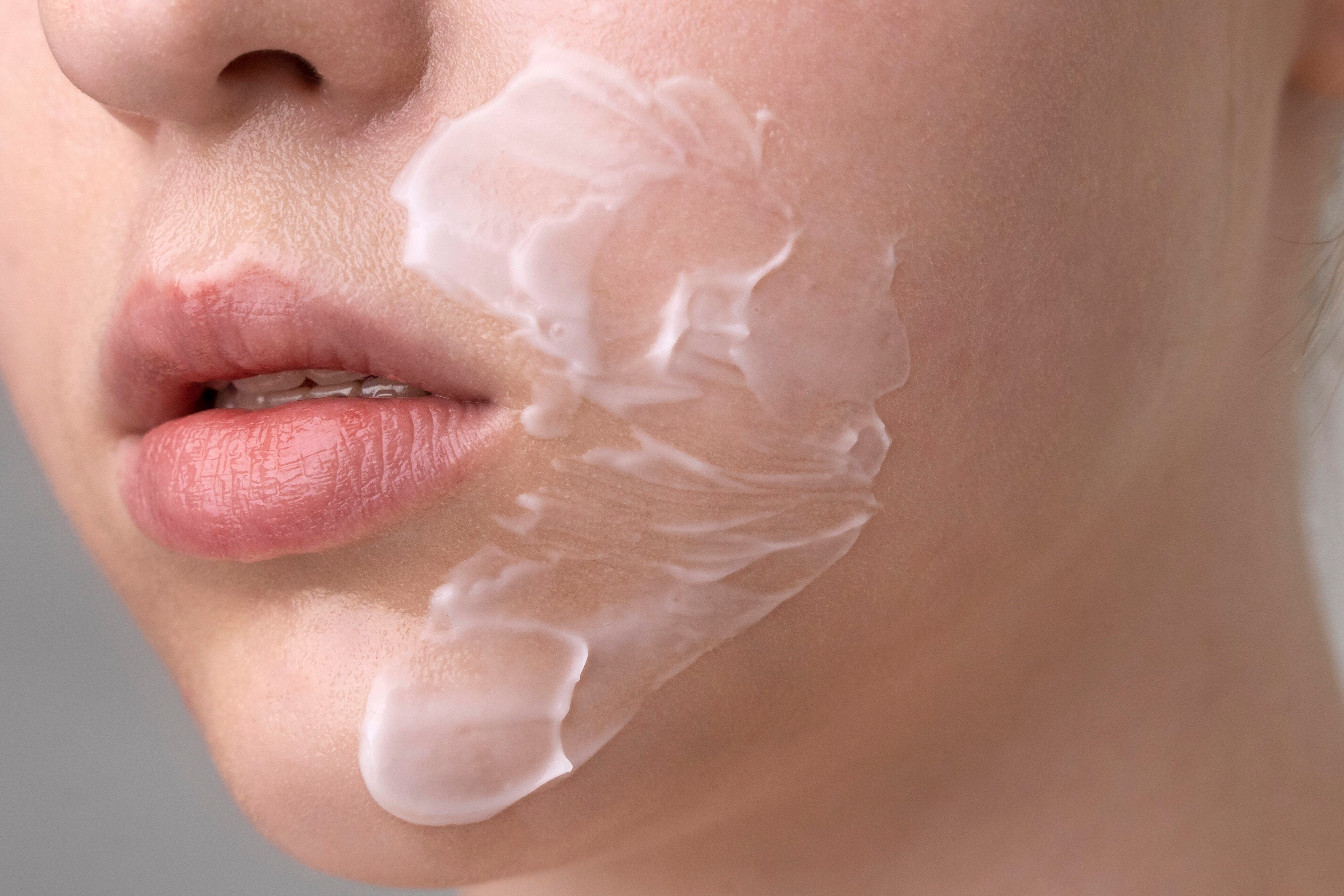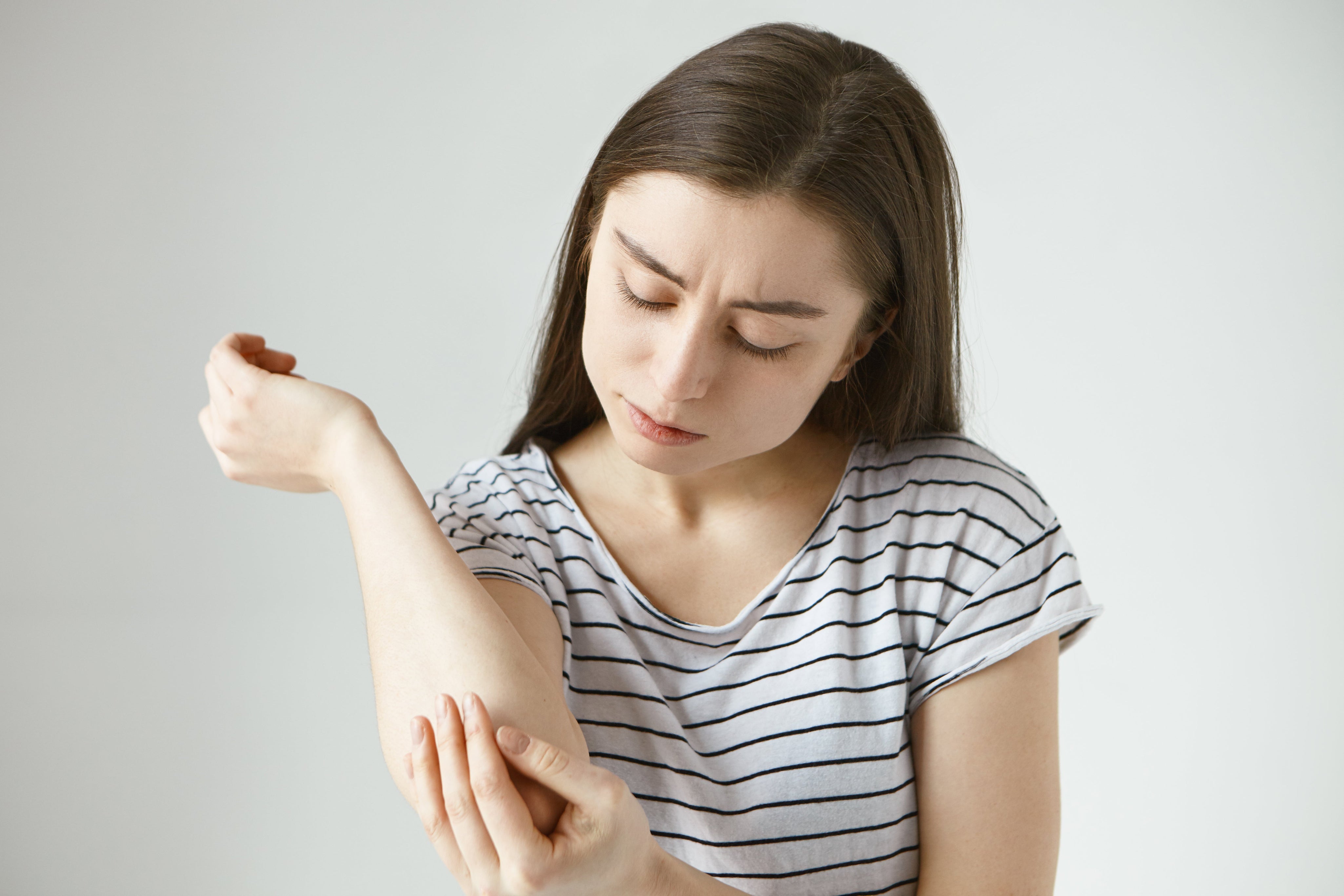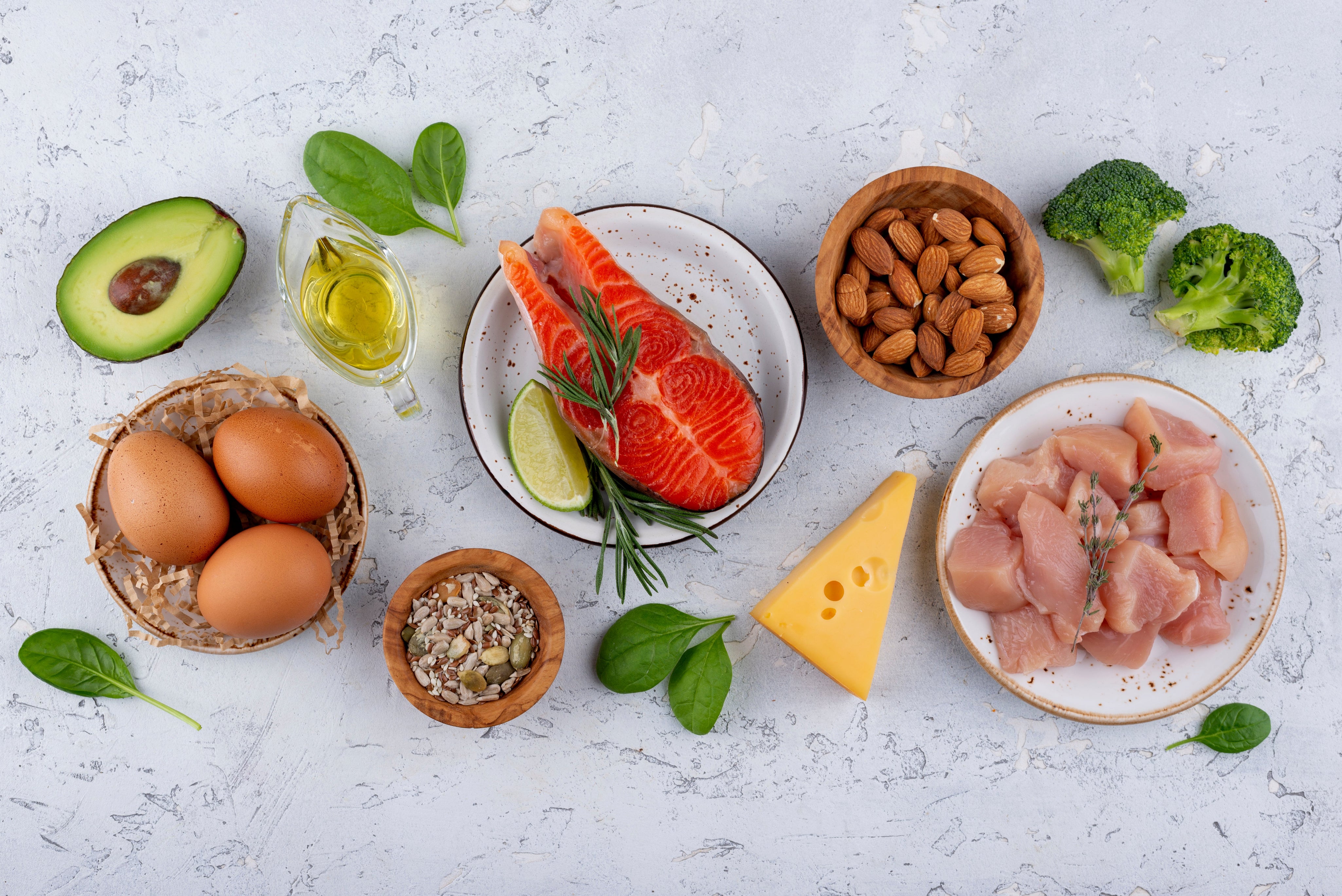What Is Slugging in Skincare? The Trend That’s Taking Over Your Routine

If you’ve been scrolling through skincare forums or TikTok lately, you’ve probably heard of slugging. It’s the latest trend taking the skincare world by storm, promising glass-like skin and intense hydration. But what exactly is slugging, how does it work, and is it right for you? Let’s break it down in detail.
What is Slugging Skincare?

Slugging is a skincare technique where you apply a thick layer of an occlusive product (like petroleum jelly) as the final step in your nighttime routine. The name “slugging” comes from the glossy, slug-like sheen it creates on the skin. But don’t worry—it’s not as slimy as it sounds!
How Does Slugging Work?
Slugging works by sealing in the moisture and products you’ve applied beforehand. Using an occlusive layer prevents water loss from your skin, creating an optimal environment for hydration and repair overnight.
Why Slugging Became a Popular Trend in Skincare
Slugging gained popularity because of its simplicity and proven results for some people. This low-cost, dermatologist-approved method has been credited for repairing damaged skin barriers and giving users softer, plumper skin. Its rise on social platforms like TikTok has only added to its glowing reputation.
The Science Behind Slugging
The magic of slugging lies in occlusives, which are ingredients that create a protective barrier on the surface of the skin. This barrier works by sealing in moisture, locking in hydration, and preventing trans-epidermal water loss (TEWL), where water escapes from the skin into the environment. Occlusives are typically heavy, waxy, or oily substances that sit on top of the skin rather than being absorbed. They not only help maintain the skin’s natural moisture balance but also protect it from external irritants. Products like petrolatum, beeswax, lanolin, and Vaseline are highly effective occlusives, making them ideal for slugging. These ingredients are especially beneficial for people with dry or compromised skin, as they provide an extra layer of protection while enhancing the skin's ability to retain moisture.
Benefits of Slugging

Slugging offers a range of benefits, especially for those with dry or damaged skin.
1. Intense Hydration for Dry and Dehydrated Skin
If your skin feels tight or flaky, slugging can deliver a surge of moisture. It’s especially helpful during colder months when skin tends to dry out.
2. Soothes and Repairs the Skin Barrier
By sealing in moisture, slugging helps repair a compromised skin barrier, preventing further irritation and dryness.
3. Improves Skin Texture and Plumpness
Regular slugging can lead to smoother, softer skin. The hydration boost reduces the appearance of fine lines and enhances overall skin texture.
How to Slug Your Skin Properly
Want to give slugging a try? Follow these steps to do it right:
1. Cleanse Your Skin Gently

Propaira Gentle Cleansing Wash
Start with a gentle cleanser to remove dirt, oil, and makeup from your skin. This ensures your products can penetrate effectively.

A mild exfoliating cleanser helps remove impurities without stripping moisture, creating the perfect base for slugging.
2. Apply Your favorite Hydrating Serums and Moisturisers

iS CLINICAL Hydra-Cool Serum 30ml

Next, layer your skincare products—such as a hydrating serum or moisturizer.
3. Seal Everything in With an Occlusive Layer

iS CLINICAL Sheald Recovery Balm

Prescribed Solutions DNA Cream No Sugar - 50ml
Finally, apply a thin layer of an occlusive product. Look for ingredients such as petrolatum, dimethicone, lanolin, shea butter or beeswax to effectively lock in the benefits of your previous products.
Who Should Try Slugging?
Slugging is best for those with dry, dehydrated, or damaged skin. If your skin struggles to retain moisture or your barrier needs repair, slugging can be a game-changer. However, those with oily or acne-prone skin should avoid slugging, as it may clog pores and exacerbate breakouts. Choosing a lightweight moisturiser may be a better hydration for oily skin and acne-prone skin.
Is Slugging Good for Acne?
Slugging may not be ideal for acne-prone skin. Occlusive layers can trap oils and bacteria, potentially worsening breakouts. However, some individuals with acne still benefit, especially if their skin is dehydrated. Always patch-test and consult your dermatologist.
Read More: Top 10 Proven Tips for Preventing Acne Breakouts
When to Avoid Slugging
Slugging isn’t for everyone. If you have very oily or acne-prone skin, slugging could clog your pores. Be cautious if your skin is sensitive to heavy products.
Common Mistakes to Avoid When Slugging
To get the best results, steer clear of these common mistakes:
1. Using Too Much Product
A thin layer of occlusive is enough. Overdoing it can lead to a greasy mess and clogged pores.
2. Not Cleansing Your Skin Properly Before Slugging
Applying an occlusive over dirty skin can trap impurities, leading to breakouts.
3. Slugging Too Frequently
Slugging is most effective as an occasional treatment. Overdoing it can disrupt your skin’s natural processes.
Alternatives to Traditional Slugging
Hydrating your skin naturally can be a challenge, often leading some to turn to slugging as a go-to solution. But if slugging feels too heavy for your skin, don’t worry—there are plenty of alternative methods to achieve the same hydrating results.
1. Hydrating Overnight Masks as a Lighter Option
Overnight masks are a better option than slugging if you’re looking for deep hydration without the greasy feel that slugging can leave behind. They’re ideal for those with oily or acne-prone skin, as they provide moisture without clogging pores. Additionally, overnight masks often include targeted ingredients like antioxidants or vitamins, making them a great choice for addressing specific skin concerns while you sleep.
2. Hydrating Serums Without the Thick Layer
Serums with humectants like hyaluronic acid and glycerin can boost hydration in a lighter format, making them a great option if you want to hydrate your skin without the heaviness of slugging. Consider this approach during warmer months, if you have oily or acne-prone skin, or when you need a quick boost of hydration without the risk of clogged pores.
Hydrate Your Skin Holistically with Expert Guidance at Skin to Heart
Slugging may not work for everyone, but finding your ideal skin care routine is key to achieving healthy, glowing skin. Whether you're struggling with dryness, acne, or a damaged skin barrier, understanding what works best for your unique skin type is essential. At Skin to Heart, we provide expert advice on hydration, acne prevention, and barrier repair, helping you craft a routine tailored to your needs. Our trained professionals take a personalised approach to ensure you see real, lasting results. Schedule your consultation today and take the first step towards your best skin yet!
0 comments

